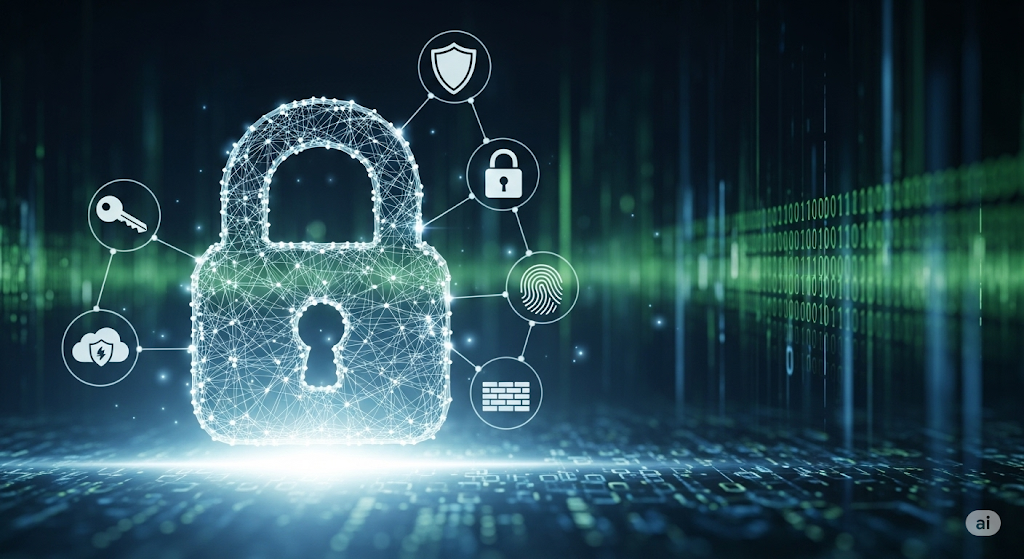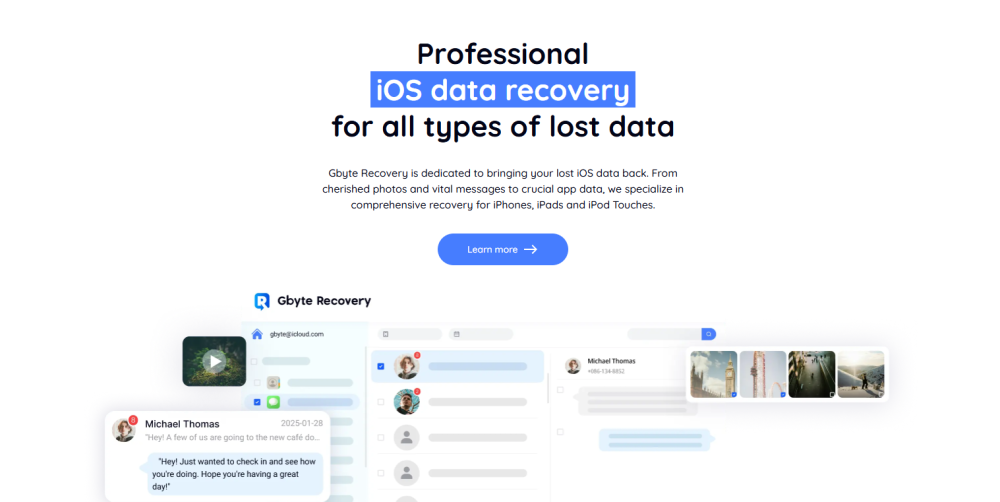Now, in the hyper-connected global world, safeguarding one digital life is no option but an imperative. As more and more people are turning towards the online space to work, talk, bank, and have fun, cyber threats are becoming advanced and elusive. Whether it’s data theft and ransomware or identity theft and phishing, people and entities are left with a never-ending web of threats. Hence, proper IT security practices need to be acquired and implemented in order to prevent theft and loss of confidential data and maintain privacy.
Understanding the Threat Landscape: 1xbet login
Before jumping into how to protect yourself online, it’s worth understanding what kind of digital threats are actually out there. These days, hackers don’t just rely on software bugs — they’ll exploit anything from system flaws to simple human mistakes to get unauthorized access. We’re talking about things like malware, phishing scams, social engineering tricks, data leaks, and even attacks where someone intercepts your connection.
Think of something like the 1xbet login page, for instance. It’s the perfect target for phishing. You might get a fake page that pops up out of nowhere, identical to the real one in every respect, just to trap you into revealing your login credentials. Or malware could sneak into your computer and steal your passwords quietly.
This type of thing illustrates just how underhanded and high-tech today’s cyber threats are. Relying on a single line of defense is not enough — you must be vigilant and employ multiple layers of protection to safeguard both your work and personal accounts.
Use Strong, Unique Passwords and Authentication Methods
Of all the simplest, but most important methods of keeping intruders out, one of them is good passwords. Make your passwords real: letters, some caps, numbers, and special characters. Don’t make obvious stuff like your birthday or your pet’s name—the hackers love it. This is actually crucial on websites like 1xbet casino online, when your money and your data are involved. Do not share the same password for all applications; when one of them gets cracked, the rest will tumble like dominoes. A password manager is a godsend—it generates and stores advanced passwords so that you do not have to remember them. Enable multi-factor authentication (MFA) wherever available as well. That makes it much harder for anyone to breach your account.
Keep Software and Systems Up to Date
The common misunderstanding is the fact that the reason cybercriminals typically exploit the known vulnerability in aged software or operating system is because of the known vulnerability in aged software or operating system. As security exploits and resistance to attack are discovered, software companies issue new releases and patches on a regular basis. Lack of such updates implies that the gadgets become vulnerable to exploitation.
Cybersecurity Maintenance: Essential Actions for Software and System Updates
| Action | Purpose | Impact on Security |
|---|---|---|
| Enable automatic updates for OS, applications, and antivirus software | Ensures timely installation of security patches | Minimizes window of vulnerability to known exploits |
| Regularly check and install security patches for routers, IoT devices, and firmware | Keeps all connected devices protected | Reduces risk of attackers exploiting device-level weaknesses |
| Remove unsupported or obsolete software | Eliminates software no longer receiving security updates | Prevents exploitation of unpatched vulnerabilities |
Secure Your Network and Devices
The security of digital property depends on the network security. You can protect your internet connection and devices by using the following:
- Firewall: Firewalls are used to monitor and filter traffic that comes to and leaves the network by applying rules about what should be allowed. Set the default firewalls on the devices & router.
- Safe Wi-Fi Networks: Unconfigured wireless networks should never be left open and the best encryption protocols such as WPA3 should be applied. Prior to having a Virtual Private Network (VPN), it is wise to avoid using a public or even an unsecured Wi-Fi where there is a sensitive activity involved.
- Deploy VPNs: VPNs secure the internet traffic and secure data against interception and conceal your IP address particularly when connecting to public networks.
- Physical Security: Restrict the physical access to the devices, lock the screens and fully encrypt the whole disk to store the data safe in the event of losing or stealing of the devices.
Investing in network and device security makes it hard to expose it to external and internal attacks.
Exercise Caution with Emails and Online Communications
Phishing remains one of the most common attack vectors employed to compromise systems. Attention and careful evaluation of communications are essential:
- Do not open attachments or click on links from unknown or suspicious senders.
- Verify the authenticity of requests for sensitive information, especially those that create urgency or fear.
- Use email filters and spam detection tools to minimize malicious emails reaching your inbox.
- Educate yourself and others on recognizing phishing attempts and social engineering tactics.
Backup Your Data Regularly
Information can be destroyed during hackings, hardware failure, human error, or natural calamities. Continuity and fast recovery: Good backup will help in continuity and fast recovery:
- It should install an automated backup option with external hard drives, cloud storage or secure off site locations.
- Verifying the data will confirm the integrity of the data and restore the ability to take back ups.
- In some replications (not necessarily over the network).
- The last line of defence is making regular back-ups that minimise downtimes and loss of valuable information.
Practice Privacy and Limit Data Exposure
In addition to protecting data from external harm, controlling what information you share and how it is handled matters:
- Limit personal information shared on social media or public forums.
- Review privacy settings on digital platforms and adjust them to minimize data visibility.
- Be cautious about the permissions granted to applications, particularly regarding access to contacts, location, and camera.
- Consider using privacy-focused browsers, search engines, and messaging apps that prioritize encryption and data protection.
Mindful management of your digital footprint reduces the chances of identity theft and unauthorized profiling.
Educate Yourself and Foster a Security-Conscious Culture
Human error remains a leading cause of cybersecurity compromise. It is essential to stay informed about emerging threats, security best practices, and technology developments:
- Take cybersecurity classes and security awareness programs.
- Have faith in good sources and IT security news.
- Promote spontaneous discussions on security concerns in personal and organizational contexts.
Acquiring a security-conscious mindset is a continuous process that benefits through reducing the threats created through ignorance or disinformation.
Plan for Incident Response and Recovery
Despite best practices, breaches do still occur. Preparation for them can mitigate damage:
- Develop an incident reaction plan outlining steps to detect, isolate, and eliminate security occurrences.
- Maintain contact details of IT security professionals or companies that can offer support in a crisis situation.
- Test reaction plans regularly through simulation or practice drills.
- Notify stakeholders promptly in case of a breach of sensitive information.
Being prepared enables swift action, minimizing operational disruptions and reputational harm.
Cybersecurity is not about achieving perfect invulnerability—such a state is unrealistic—but about reducing risks, increasing awareness, and responding effectively to threats. Through consistent application of sound IT security principles, it is possible to keep your digital life safe and sound amidst an increasingly complex and dangerous cyber landscape.




